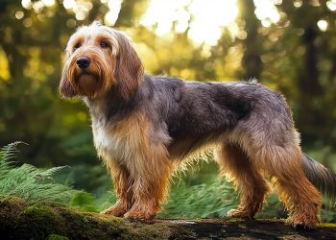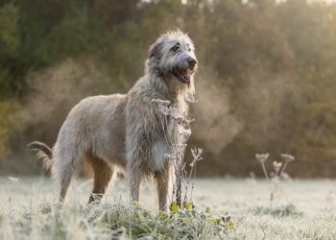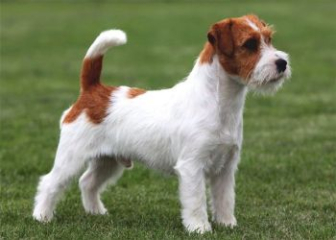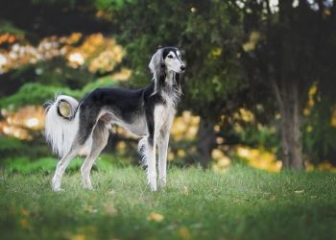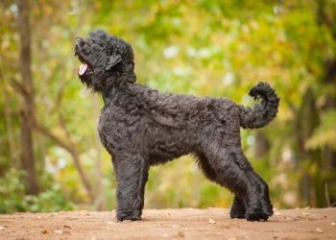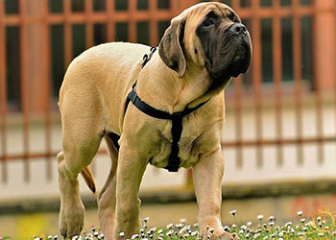Corgi – The Adorable, Intelligent Short-Legged Dog
Blog | by
The Corgi, also known as the Welsh Corgi, is an adorable short-legged dog breed originating from Wales, UK. There are two types of Corgis: the Pembroke Welsh Corgi and the Cardigan Welsh Corgi.
The Corgi is a herding dog from Wales, known for its short stature and lovable appearance. It was especially adored by Queen Elizabeth II. This Dog breed is divided into two different types: the Pembroke Welsh Corgi and the Cardigan Welsh Corgi.
In today’s article, let’s explore more about this charming, short-legged companion!
Where Do Corgis Come From?
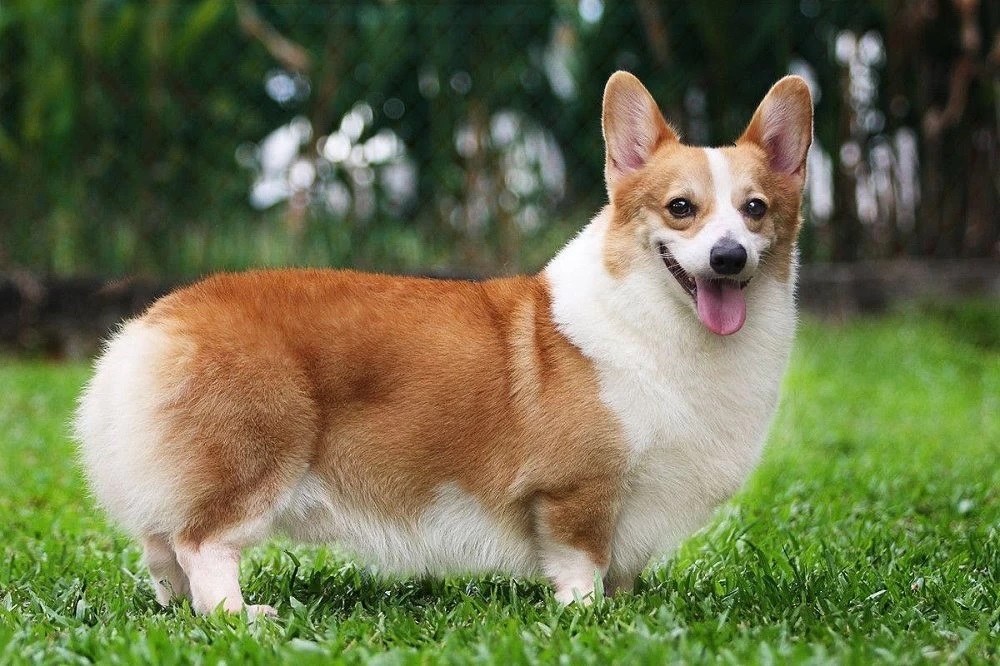
Corgi Wales – The Adorable Short-Legged Dog
The Corgi, also known as the Welsh Corgi, is a herding dog breed originating from Wales, United Kingdom. In Welsh, the word "Corgi" means "dwarf dog," which perfectly describes its small, short-legged, and incredibly cute appearance.
According to various historical sources, Corgis have been around for approximately 3,000 years, with their ancestors believed to be the Swedish Vallhund breed.
Originally bred for herding livestock, Corgis have since become beloved family pets due to their small size, charming looks, intelligence, and agility.
Currently, there are two recognized types of Corgis: the Pembroke Welsh Corgi and the Cardigan Welsh Corgi, with the Cardigan being much rarer.
- Pembroke Welsh Corgi: This is the more common type, famously adored by Queen Elizabeth II of England. The sight of a Pembroke Corgi accompanying the Queen at significant events has become iconic. This breed is believed to have originated around the 10th century when Flemish weavers brought them from Belgium to Wales during migrations.
- Cardigan Welsh Corgi: A rarer breed than the Pembroke, the Cardigan Welsh Corgi has been present in Wales for about 3,000 years. Its ancestors are thought to include the Dachshund (Sausage Dog).
Physical Characteristics of the Corgi

Physical Differences Between the Cardigan Welsh Corgi and the Pembroke Welsh Corgi
Corgis are small-sized dogs with long bodies, short legs, and irresistibly cute faces. Let's explore their physical characteristics in more detail.
Common Physical Traits of Corgis
- Long body, short legs
- Thick, double-layered coat
- Fox-like face
- Small, pointed, upright ears
- Large, round, shiny eyes
- Average weight: 9 - 15 kg
- Average height: 25 - 30 cm
Physical Characteristics of the Pembroke Welsh Corgi
- Short or docked tail (due to genetic mutation or early tail docking)
- Pointed, upright ears
- Round, bright eyes
- Pointed snout, resembling a fox
- Compact body with a long back and short legs
- Coat colors: golden-white, red-white, brown-white
- Weight: 9 - 13 kg
Physical Characteristics of the Cardigan Welsh Corgi
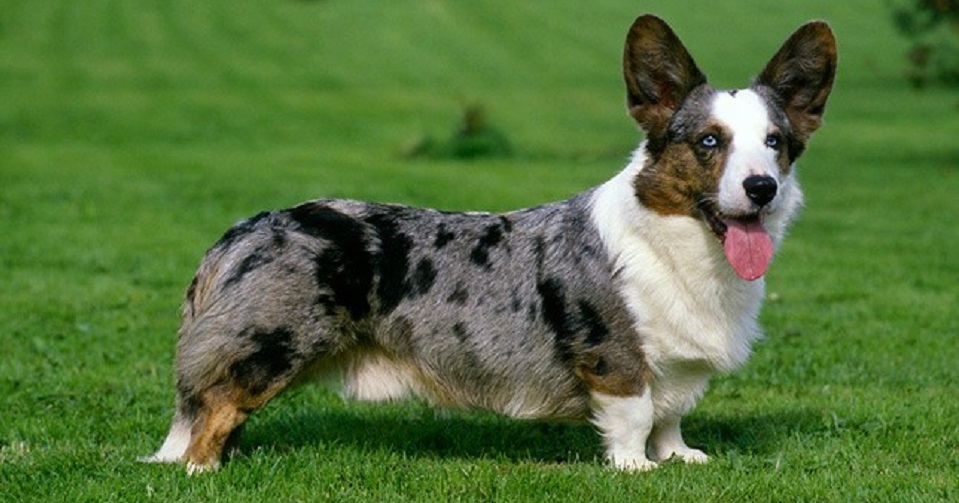
Physical Characteristics of the Cardigan Welsh Corgi
- Longer and larger body compared to the Pembroke Corgi
- Long tail, not docked
- Rounded, larger ears than the Pembroke Corgi
- Bigger paws compared to the Pembroke
- More diverse coat colors, including the rare blue merle
- Weight: 11 - 15 kg (heavier than the Pembroke Corgi)
Personality of the Corgi

Corgis Are Playful and Energetic
Corgis are a beloved breed not only for their small, adorable appearance but also for their friendly and intelligent personality. Let’s explore some of their most notable traits.
Intelligent and Quick Learners
According to Stanley Coren (an American psychology professor), Corgis rank 11th among the world’s most intelligent dog breeds. Originally bred as herding dogs, they are highly alert and quick to learn commands.
Loyal and Extremely Attached to Their Owners
Corgis are incredibly loyal and love to stay close to their owners. They enjoy being cuddled, petted, and playing, especially with children.
Energetic and Curious
Corgis are highly active and playful. They are always full of energy, eager to run around and explore their surroundings. They also have a natural instinct to dig and chase things.
A Bit Stubborn
Although loyal and affectionate, Corgis can sometimes be stubborn. They don’t always obey commands immediately and may even refuse to follow instructions.
Easily Excitable and Prone to Barking
As former herding dogs, Corgis have a natural tendency to bark when they notice something unfamiliar. They are sensitive to sounds and can become overly excited by unusual noises.
Suitable Diet for Corgis
Despite their small size, Corgis are very active. It’s important to maintain a proper diet to ensure they grow well and avoid obesity.
Best Foods for Corgis
Here are some of the most suitable food choices for a Corgi’s diet:
- Protein Sources (40-50% of their diet): Beef, chicken, salmon, mackerel, and pork help build strong muscles.
- Vegetables (25-30% of their diet): Pumpkin, sweet potatoes, spinach, and carrots provide fiber, vitamins, and essential minerals.
- Calcium Sources: Boiled eggs, cheese, and yogurt help strengthen bones.
- Corgis are prone to obesity, so avoid excessive fats and animal fat.
- High-quality dog food: To ensure balanced nutrition.
Feeding Schedule Based on Age
| Stage & Age | Recommended Diet | Notes |
|---|---|---|
| Corgi Puppies (2-6 months) | Minced chicken, beef, and fish; Soft rice or porridge; Boiled eggs (2 per week); Lactose-free milk; Mashed vegetables. | Feed soft, easily digestible foods; Split meals into four daily portions; Add digestive enzymes if necessary. |
| Young Corgis (6-12 months) | Chicken, beef, pork; Boiled eggs, unsweetened yogurt; Vegetables (pumpkin, carrots, spinach, cabbage); Rice, oats, sweet potatoes; Omega-3 supplements. | Feed three times a day; Limit carbohydrate intake to prevent obesity. |
| Adult Corgis (1 year and older) | Beef, chicken, pork, fish; Vegetables (pumpkin, carrots, greens); Rice, sweet potatoes; Omega-3, eggs, cheese; Dog food (optional). | Feed twice a day; Control carb intake to prevent weight gain. |
How to Take Care of a Corgi

Proper Care for Corgis
Corgis originate from colder climates, so when living in tropical countries like Vietnam, where the weather can be extremely hot, they require special care to stay healthy. Here are some essential care tips for Corgi owners.
Living Environment
- The ideal temperature range is 20-25°C.
- Keep their living space clean, well-ventilated, and comfortable.
- Avoid keeping them confined for long periods.
Regular Health Checkups and Vaccinations
- Ensure they receive all necessary vaccinations, including those for distemper (Care), rabies, hepatitis, and parvovirus.
- Deworm them three times a year and schedule health checkups 1-2 times per year.
Early Training
- Corgis are very intelligent but can be stubborn, so it's important to start training and discipline early to prevent behavioral issues.
Daily Exercise and Walks
- Corgis are energetic and love to run and play.
- Allocate at least 30-60 minutes per day for walks and physical activities.
Coat and Hygiene Care
- Corgis have a thick double coat, so regular grooming is essential.
- Brush their fur 2-3 times a week to prevent matting.
- Bathe them 2-3 times a month and clean their ears, eyes, and nose regularly.
- Trim their nails frequently to avoid overgrowth and discomfort.
Nutritional Control
- Corgis are prone to obesity, so it’s crucial to monitor their diet closely.
- Maintain a balanced diet and avoid overfeeding to prevent weight gain.
Common Health Issues in Corgis
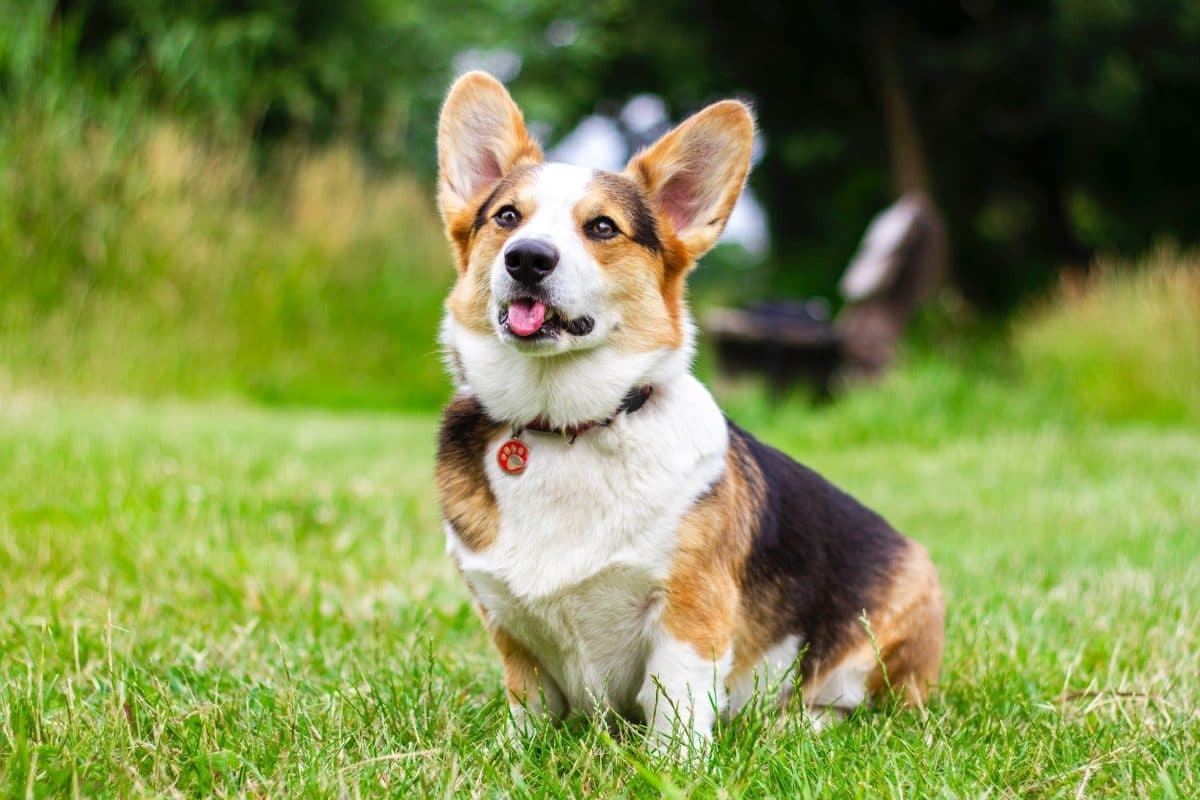
Corgis Have a Thick Coat, Making Them Prone to Skin Diseases
Corgis, with their short legs and stocky build, are prone to obesity. They are also susceptible to heatstroke, skin infections, and excessive shedding if not properly cared for. Let’s explore these common health issues and how to prevent them!
1. Obesity – The Most Common Health Concern
Obesity is one of the most dangerous conditions that Corgis are prone to.
- Causes: A natural tendency to gain weight, overeating, and lack of exercise.
- Symptoms: Large belly, slow movement, reluctance to exercise, uncontrollable weight gain.
- Prevention & Treatment: Strict portion control and regular exercise.
2. Joint Problems
Due to their long back and short legs, Corgis are at high risk for joint-related issues.
- Causes: Genetic predisposition, excessive physical activity.
- Symptoms: Difficulty walking or standing up, reluctance to move, pain when touched on the hips or legs.
- Prevention & Treatment: Maintain a healthy weight, limit stair climbing, and supplement with calcium, glucosamine, and fish oil.
3. Skin Infections & Excessive Shedding
Corgis have a thick double coat, which makes them prone to skin infections and excessive shedding if not properly groomed.
- Causes: Thick fur creates a breeding ground for bacteria, mites, and poor hygiene.
- Symptoms: Patchy hair loss, excessive scratching.
- Prevention & Treatment: Regular bathing and grooming, ensuring their coat is completely dry after baths, and using medicated ointments as advised by a vet.
4. Heart Disease
Since Corgis are prone to obesity, they are also at risk for heart diseases.
- Causes: Overeating, consuming unhealthy fats, and lack of exercise.
- Symptoms: Heavy breathing after activity, loss of appetite, preference for lying down.
- Prevention & Treatment: Maintain a healthy weight, provide Omega-3 supplements, and seek immediate vet consultation if any symptoms appear.
Corgi Pricing & Buying Tips
If you are wondering how much a Corgi costs or looking for affordable Corgis under 1 million or 5 million VND, check out the price chart below:
| Corgi Origin | Price Range (Million VND) |
|---|---|
| Vietnamese Corgi (No Papers) | 8 - 12 million |
| Vietnamese Corgi (With VKA Papers) | 15 - 25 million |
| Imported Thai Corgi | 35 - 120 million (Depending on Papers) |
| Purebred European Corgi (Full Papers) | 100 million and above |
Note: Corgi prices vary based on pedigree, purity, age, gender, and appearance.
Important Tips When Buying a Corgi
- Beware of scams! Avoid overly cheap Corgis advertised on social media.
- Always check origin documents and vaccination records.
- Buy from reputable breeders or certified pet farms to ensure authenticity.
- Examine the dog’s health and behavior to ensure it is active, healthy, and free from skin diseases.
Adorable Corgi Pictures!
Enjoy a collection of cute and lovable Corgi pictures we’ve gathered for you below!

Super cute short legged Corgi.
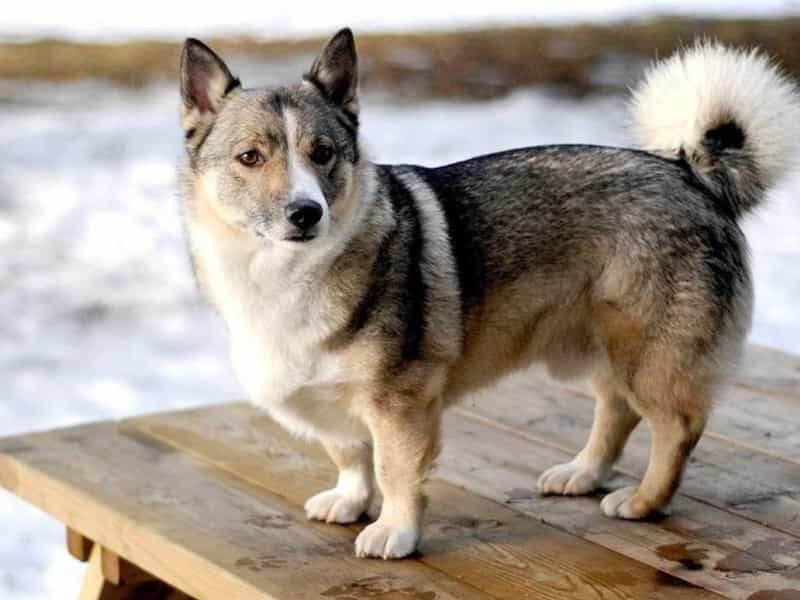
Japanese Corgi
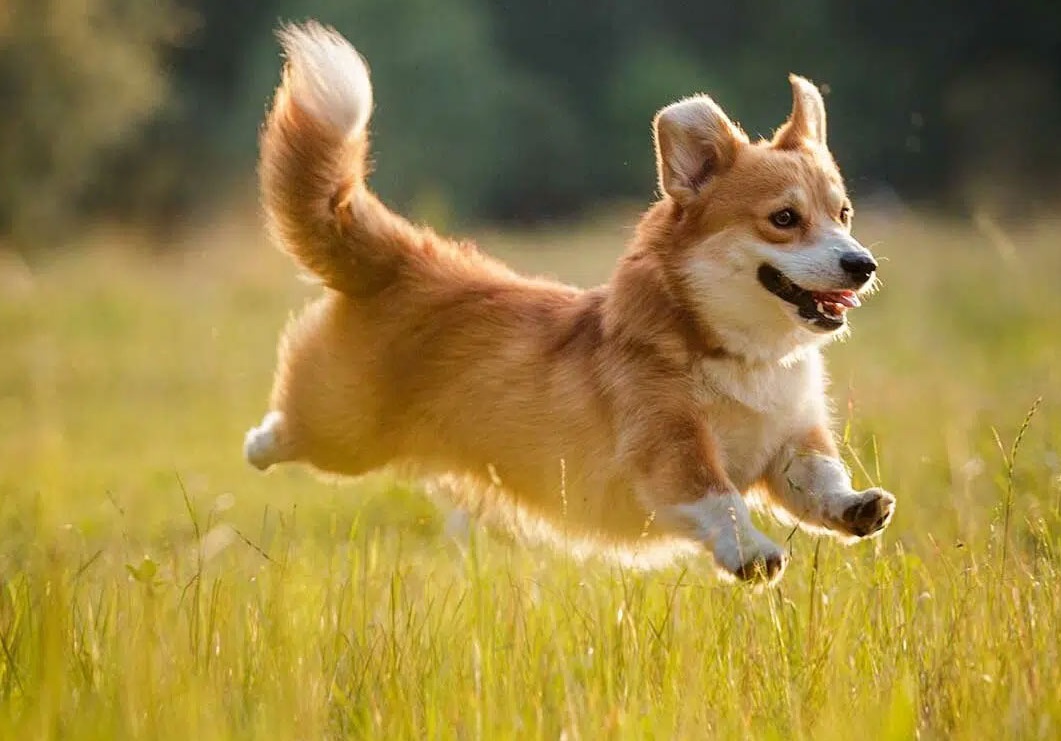
Long tail corgi.

Chubby Corgi.
Above, dogbreed.wiki has shared detailed information about the Corgi breed—a small yet energetic and adorable dog. If you have the financial means, consider raising a Corgi; it will surely bring you joy and fill your days with energy, just like this little pup.
If you want to learn more about other dog breeds, visit the Blog section now! There are plenty of exciting articles waiting for you to explore.

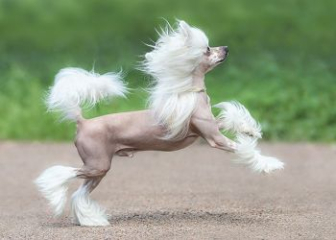
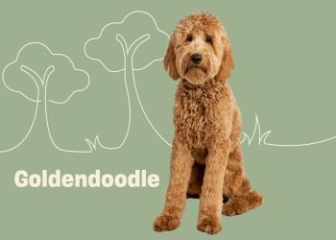
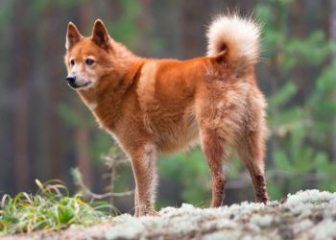
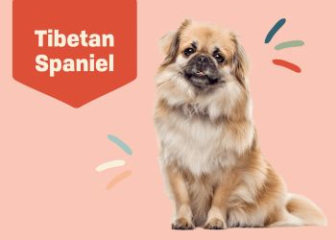
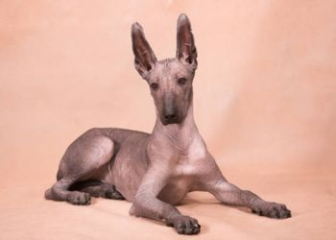


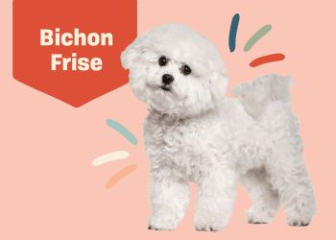
_350x250.jpg)




